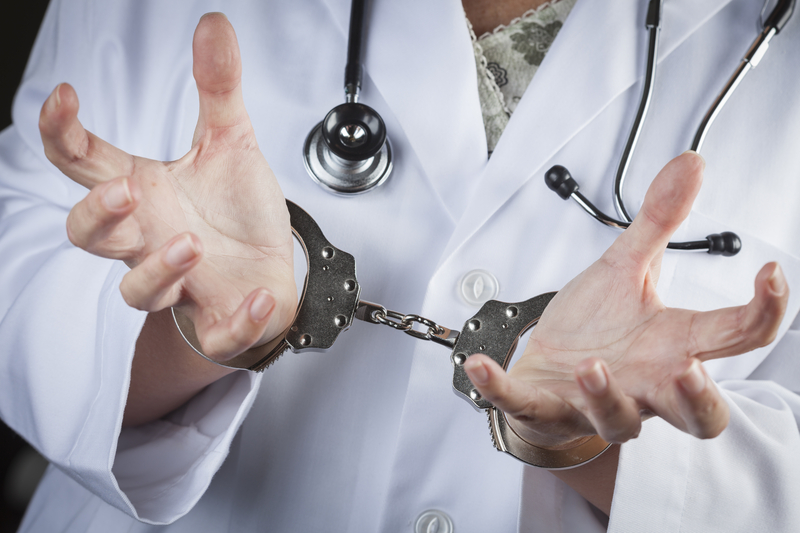
If you disagree with a certain treatment, medicine, vaccine, or procedure, and speak publicly about it, you might be putting your career at risk in the future in New Jersey.
A new law that will criminalize medical freedoms and exchanges of ideas could set medicine back decades in New Jersey if a law that outlaws medical dissent and opposition makes it to Governor Phil Murphy’s desk.
During COVID-19, the state threatened healthcare workers for their opposition to an experimental group of COVID-19 vaccines. That led to nurses and doctors being forced out of their jobs.
Now, the state wants to strip medical licenses and certifications from any medical professional who disagrees with state-sponsored ‘science’ in the future.
The New Jersey Legislature introduced a bill in January 2023 that aims to tackle the spread of health misinformation by holding healthcare professionals accountable for the dissemination of false or misleading information. Sponsored by Assembly members Herb Conaway, Sterley Stanley, and Shanique Speight, the bill defines “misinformation” as any health-related claim that contradicts contemporary scientific consensus and is not aligned with the standard of care. “Disinformation” refers to misinformation spread deliberately with intent to mislead or harm.
Under this legislation, any healthcare professional who conveys such misinformation or disinformation to a patient would be guilty of professional misconduct and could face disciplinary action. Each professional or occupational licensing board in New Jersey is responsible for setting the specific rules and penalties for such behavior, ensuring that health professionals adhere to contemporary medical standards and science-based treatments.
The purpose of the bill is to curtail the spread of false health claims, particularly those that may put public health at risk, by ensuring that healthcare professionals are held to a high standard of accuracy and integrity. The bill reflects broader concerns about misinformation, especially in light of the COVID-19 pandemic, which saw a rise in the spread of false health claims across various platforms. The bill underscores the need for healthcare professionals to provide fact-based, scientifically supported advice and treatment to safeguard public trust and health.
This legislation aligns with other state and national efforts to address the harmful impact of health misinformation on public health and safety. It aims to protect residents by ensuring that healthcare advice remains rooted in credible and scientifically sound information.
